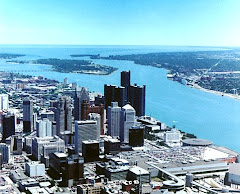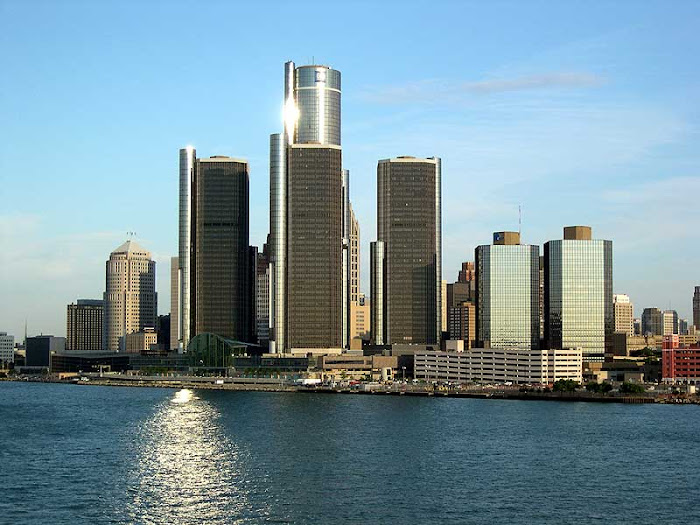
Derrick D. Coleman (born June 21, 1967, in Mobile, Alabama) is a retired American basketball player in the NBA. Coleman grew up and attended high school in Detroit, Michigan and attended college at Syracuse University. He was selected first overall in the 1990 NBA Draft by the New Jersey Nets.
Throughout his career, the left-handed Coleman has been an effective low post scorer with a reliable perimeter shooting touch, averaging 16.5 points and 9.3 rebounds through his career. He enjoyed his best years as a member of the New Jersey Nets, where he averaged 19.8 points and 10.6 rebounds per game. However, despite those impressive numbers, Coleman is often regarded as a poster boy for unrealized potential. When Coleman entered the NBA, he was compared to elite power forwards such as Karl Malone and Charles Barkley, and expected to put up similar numbers. Instead, his career was overshadowed by his questionable attitude (lack of work ethic resulting in excessive weight gain, plus alcohol abuse and general disruptive behavior), and his penchant for injury which saw him play 70 or more games in only four of his 15 NBA seasons. A Sports Illustrated reporter once remarked that "Coleman could have been the best power forward ever; instead he played just well enough to ensure his next paycheck."
Coleman was drafted in 1990 after a successful college career that was also fueled by controversy due to his reckless behavior. However, he had a solid rookie season and went on to win the NBA Rookie of the Year Award in 1991.
Coleman went on to improve during the 1991-1992 season, averaging close to 20 points and 10 rebounds a game. The Nets were an up and rising team as well, with young players like Coleman, Kenny Anderson, Chris Morris and Mookie Blaylock teaming up with solid veteran players like Sam Bowie, Chris Dudley, Terry Mills and Croatian Drazen Petrovic, the Nets top player who looked to be on his way to becoming an NBA legend. The addition of coach Chuck Daly, who took the Detroit Pistons to win two NBA championships, was enough to get the Nets a winning record and into the playoffs during the 1992-1993 season. The 1993-1994 season was the peak for Coleman and the Nets during his reign. The Nets made it to the playoffs for the third straight season, while Coleman averaged his second straight 20 points, 10 rebounds season and was selected to represent the Nets in the All-Star game along with teammate Kenny Anderson. It would be the only All-Star game that Coleman would ever play in during his NBA career. He played for the US national team in the 1994 FIBA World Championship, winning the gold medal.
The 1994-1995 season saw the Nets luck start turning downward. Daly left the team and new coach Butch Beard replaced him. Petrovic died in a terrible car accident during the summer of 1993, leaving a huge void in the leadership and shooting guard position for the Nets to fill. Many of the veteran players that were so essential to the Nets success either were traded away, left for other teams through free agency, or retired. Instead, the team was loaded with misfits and lazy players. Coleman was not much help in this department. Expected to step up as a leader and as the new leading scorer in place of Petrovic, Coleman had another 20 points, 10 rebounds season, but seemed to be gliding by in games and not giving a full effort. He had a turbulent relationship with Beard, who criticized Coleman for his lazy work ethic in practice and his ignorance of the conduct and team rules. At the start of training camp one year with the Nets, Beard advised his players to adhere to a dress code or be fined. Coleman outraged Beard by simply handing him a blank check to cover all the fines he promised to pile up. He also had a rocky relationship with teammate Anderson, who felt he wasn't getting enough scoring opportunities because of Coleman. His behavior caused him to be traded away to the Philadelphia 76ers at the beginning of the 1995-1996 season for center Shawn Bradley.
During a 1995 game featuring Coleman's Nets and rival Karl Malone's Utah Jazz, Coleman went so far as to call Malone an 'Uncle Tom'.
Coleman's numbers decreased more and more after his trade from the Nets, and while being a solid role player for the 76ers, the Hornets, and the Detroit Pistons, he was known more for his weight gain, lazy attitude, conduct problems and injury proneness. He also gained a reputation as a "clubhouse cancer", and during the 2000-01 season, when Coleman missed more than half the season through various injuries, the Hornets performed significantly better without Coleman in their lineup (12-22 with Coleman, 34-14 without him).
Coleman's career ended during the 2004-2005 season, when he was cut by the Pistons during the season. His Syracuse jersey number, 44, was retired on March 5, 2006. He is currently working as a developer and entrepreneur in Michigan.
Source: http://en.wikipedia.org/wiki/Derrick_Coleman








1 comment:
I used to hear inside talk about Coleman often. Even during his peak NBA career they (coaches, scouts, etc.) felt he could perform far better. His work ethic in the end ruined his career.
I remember the years with the Nets, but his subsequent years with the 76ers were truly unremarkable.
Post a Comment